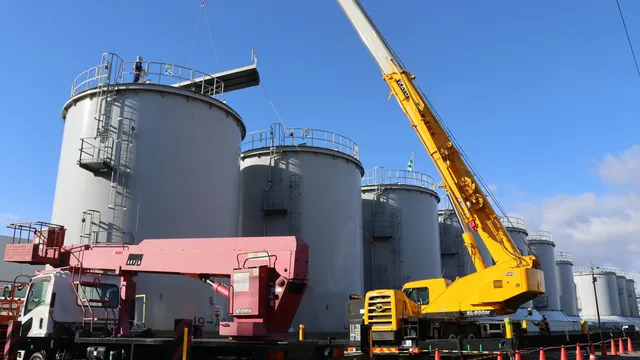Japan has passed a law allowing nuclear reactors to operate beyond 60 years. The country is returning to nuclear energy 14 years after the Fukushima disaster.
The world's fourth-largest economy has set a goal of achieving carbon neutrality by 2050, but remains heavily dependent on fossil fuels, partly because many nuclear reactors were shut down after the 2011 Fukushima accident.
The government plans to increase its reliance on nuclear power, partly to help meet growing energy demand from artificial intelligence and microchip factories.
The 60-year limit was introduced after the 2011 disaster, which was caused by a devastating earthquake and tsunami in north-eastern Japan.
Under the amended law, the operating life of nuclear power plants can be extended beyond 60 years – in a system similar to added time in football matches – to compensate for interruptions caused by what the government calls ‘unforeseeable circumstances’.
This means, for example, that a reactor in the central Japanese region of Fukui, shut down for 12 years after the Fukushima crisis, will now be able to operate until 2047 – 72 years after it was commissioned, according to the Asahi Shimbun newspaper.
However, operators need approval from Japan's nuclear safety authority to obtain an exemption. The law also includes measures to strengthen safety checks on ageing reactors.
The legal revision aims to help Japan better cope with energy crises after Russia's invasion of Ukraine caused turmoil in energy markets. | BGNES

 Breaking news
Breaking news
 Europe
Europe
 Bulgaria
Bulgaria







